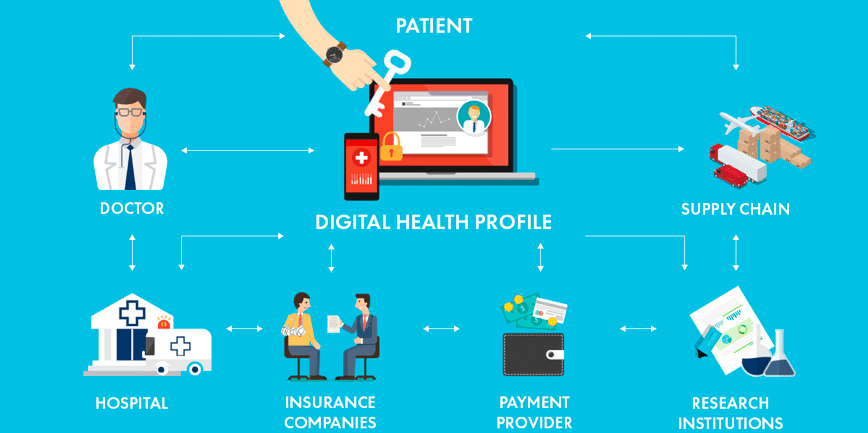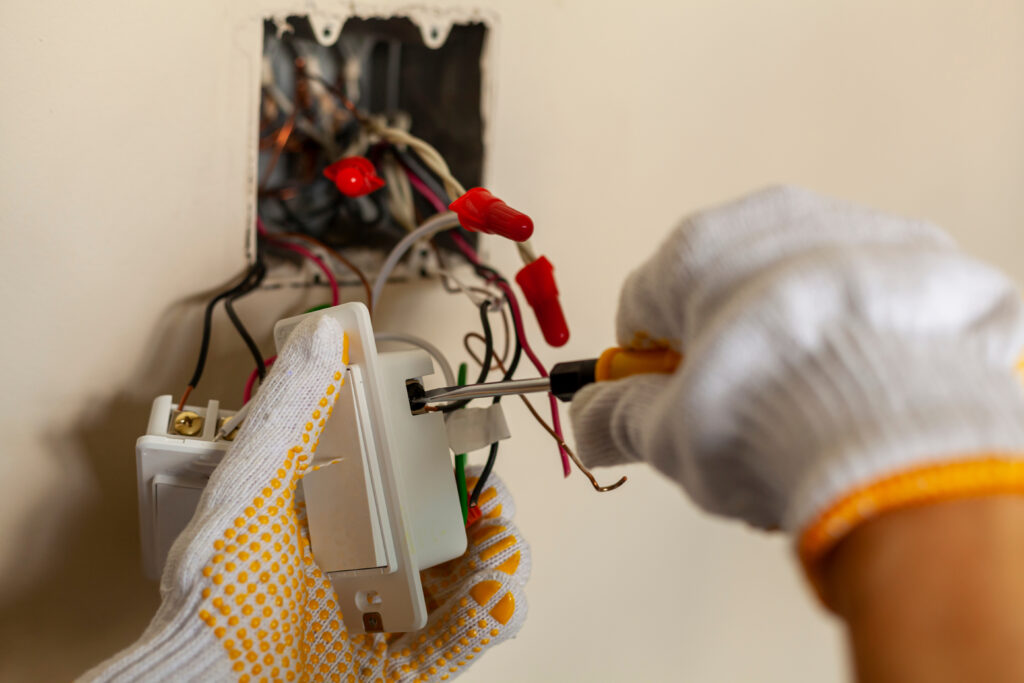

Blockchain technology has emerged as a transformative force in the healthcare sector, particularly in the management of health records. Its decentralized and secure nature has the potential to revolutionize the way patient information is stored and accessed. In this article, we explore the impact of blockchain on health records, delving into its key advantages and the promising future it holds.
Enhanced Security and Privacy
One of the primary advantages of utilizing blockchain for health records is the enhanced security and privacy it provides. Traditional health record systems are susceptible to data breaches and unauthorized access. Blockchain’s decentralized structure ensures that patient data is encrypted and distributed across a network of nodes, making it highly resistant to hacking attempts. Each block in the chain is linked to the previous one through cryptographic hashes, creating a tamper-proof system that safeguards sensitive health information.
Interoperability and Seamless Data Exchange
Blockchain promotes interoperability by facilitating seamless data exchange among different healthcare providers. The decentralized ledger allows for a unified and standardized approach to health records, enabling healthcare professionals to access a patient’s complete medical history from various sources. This interoperability not only streamlines healthcare delivery but also contributes to more informed decision-making by healthcare providers.
Patient Empowerment and Ownership
Blockchain empowers patients by giving them greater control and ownership of their health records. Through cryptographic keys, patients can control access to their data, deciding who can view or update their medical information. This shift towards patient-centric control aligns with the growing emphasis on individualized healthcare and fosters a sense of ownership over one’s health data.
Immutable Audit Trails
Blockchain’s immutable nature ensures that every transaction or modification made to health records is recorded and time-stamped. This creates a transparent and verifiable audit trail, reducing the risk of errors and fraudulent activities. Healthcare professionals can trace the entire history of a patient’s health records, fostering accountability and trust in the healthcare system.
Smart Contracts for Automated Processes
Integrating smart contracts into blockchain-based health record systems can automate various processes, improving efficiency and reducing administrative burdens. Smart contracts are self-executing contracts with predefined rules, enabling automatic updates to health records based on predefined conditions. This automation not only enhances accuracy but also streamlines administrative tasks, allowing healthcare providers to focus more on patient care.
The Promising Future of Blockchain for Health Records
As we look ahead, the potential of blockchain for health records is vast and promising. From reducing administrative complexities to enhancing data security and interoperability, the technology lays the foundation for a more efficient and patient-centric healthcare ecosystem. To further explore the applications and benefits of blockchain in health records, visit Blockchain for health records.
In conclusion, the integration of blockchain technology into health record management marks a significant leap forward for the healthcare industry. The advantages of enhanced security, interoperability, patient empowerment, and automated processes contribute to a more robust and efficient healthcare system. As the technology continues to evolve, we can anticipate further innovations that will reshape the landscape of health record management, ultimately leading to improved patient outcomes and experiences.









